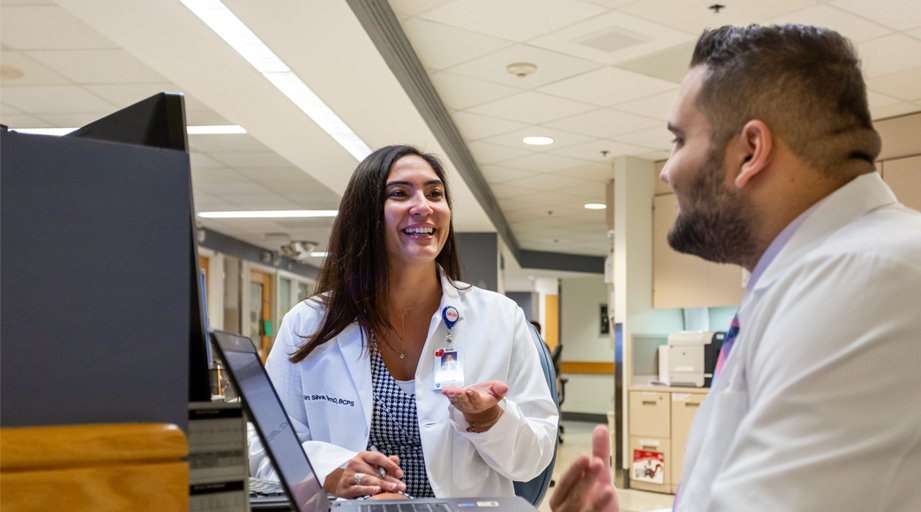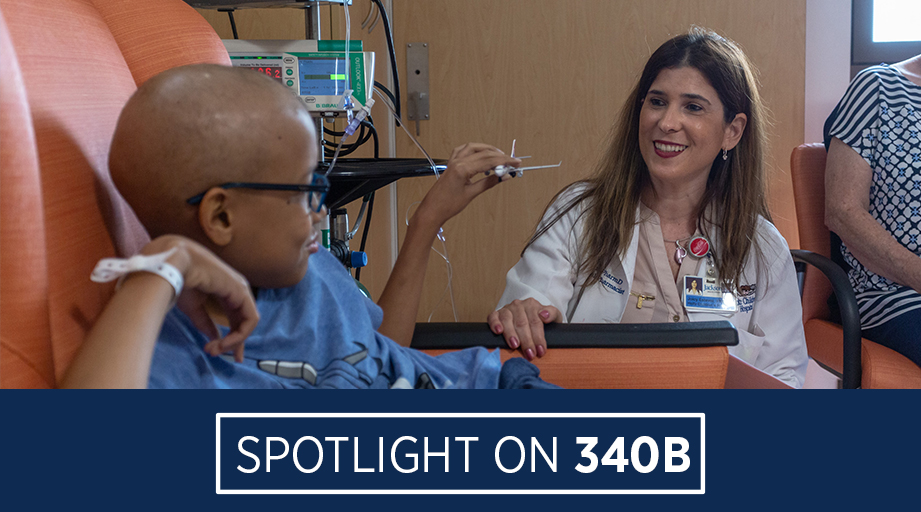
Senator Susan Collins of Maine on May 15 hinted of dire consequences to hospitals in her state if they lose the estimated $105 million in annual revenues from the federal 340B Drug Pricing Program.
Collins, citing data from the Maine Hospital Association, told members of the Senate Committee on Health, Education, Labor and Pensions (HELP) that 14 of her state’s 25 340B-participating hospitals “already have negative operating margins.”
“The hospital association in Maine has told me that if we were to limit or eliminate the 340B benefit, it would wipe out the positive operating margins for those hospitals that actually are in the black,” Collins said.
The loss of funding from the 340B program would also be devastating to Maine’s network of federally qualified health centers, said Felicity Homsted, Chief Pharmacy Officer for Penobscot Community Health Care.
Homsted said revenues from the 340B program fund a variety of integrated pharmacy services, including the health center’s controlled substance stewardship program and other initiatives to address the opioid epidemic. And she said that through the 340B program, the health center provided about $3.5 million worth of free medications to patients last year alone.
“If we didn’t have the program, we would have to realign how we handle these things,” Homsted said. “There’s no way we could offer such a robust prescription-assistance program.”
Through the federal 340B program, certain hospitals and other qualified entities can buy outpatient medications at a price that reflects a federally defined discount.
These healthcare organizations can then use the differential between the discount price they pay and the amount they collect for the outpatient medications to fund services for needy patients.
Critics of the 340B program, however, have asserted that some hospitals pocket the differential or use it in unintended ways.
The May 15 hearing — the second of three scheduled by the HELP Committee — was convened to gain insights from the Department of Health and Human Services Office of Inspector General (OIG) and the Government Accountability Office (GAO) about how to improve oversight of the 340B program.
Christopher Topoleski, ASHP’s Director of Federal Legislative Affairs, said the hearing was an opportunity to emphasize how the 340B program affects healthcare access.
“As stated by both members of the committee and their witnesses, the savings are the reason certain facilities can keep serving the community,” Topoleski said.
Topoleski said ASHP wants to ensure that the 340B program continues to benefit patients by funding services that would otherwise not be available and improving access to healthcare providers. He said ASHP is willing to work with Capitol Hill staff as they consider changes to the program.
Although Congress created the 340B program more than a quarter-century ago, senators today don’t agree on the program’s purpose.
Senator Johnny Isakson of Georgia asked for confirmation that the “intent of the original program was to lower the cost of drugs for in-need patients.”
“That’s not explicitly stated,” said Debra Draper, Director of GAO’s healthcare team. “The intent of the program was to enable participating entities — also known as covered entities — to stretch scarce federal resources, to reach more eligible patients, and provide more comprehensive services.”
Draper was citing regulatory language from the Health Resources and Services Administration (HRSA), which administers the 340B program.
HELP Committee Chairman Lamar Alexander of Tennessee said the intent of the 340B program should be clearly defined. But he appeared to support the use of 340B program revenues for purposes other than lowering patients’ drug costs.
“I hear often that hospitals and clinics are using the 340B program to benefit low-income patients or serve another worthy public objective,” Alexander said. “There well may be that most are using the savings to benefit low-income patients as intended.”
Program participants, Draper explained, are not required to report how they use their 340B program revenues. She expressed her support to mandate such reporting.
“There will always be questions about the integrity of the program if that information is not available,” Draper said.
Other issues raised during the hearing included the need for HRSA to clearly define hospital eligibility for the 340B program and to develop a clear definition of what constitutes a patient for the purpose of the program.
Ann Maxwell, Assistant Inspector General for Evaluation and Inspections at OIG, said oversight is also needed to ensure that drug manufacturers are not overcharging 340B program participants for medications.
Maxwell, in response to questioning from Senator Tim Kaine of Virginia, acknowledged the potential for adverse consequences from a recently implemented reimbursement cut for 340B-covered drugs paid under Medicare Part B to certain hospitals.
The cut, which took effect in January, reduces Medicare Part B reimbursement for 340B-covered drug purchases to the products’ average sales price (ASP) minus 22.5%, rather than the previous reimbursement rate of ASP plus 6%.
“Big policy changes like this change the financial equation. And it’s possible a hospital could opt out of 340B altogether” for financial reasons, Maxwell said.
“If they do that, the discounts are lost to all parties — to the hospitals, to Medicare, and to Medicare patients,” she said.
Kaine said the reimbursement cut was based, in part, on data in an OIG report that did not take into account “the effects that these changes would have on covered entities’ ability to serve their communities.”







